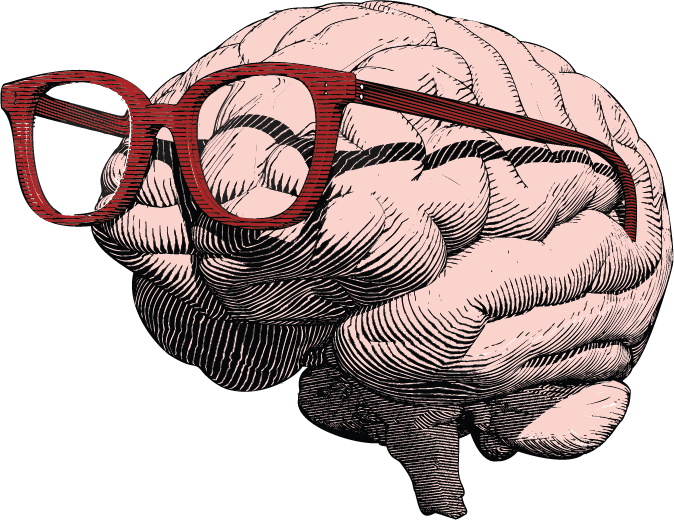Ashley Juavinett: Assistant Teaching Professor at UC San Diego
Ashley Juavinett is an assistant teaching professor of neurobiology at the University of California, San Diego. In this episode Ashley tells Nick about her introduction to neuroscience, her path to becoming an educator, and Dark Matter Turtles (the “soulcoustapoppafunk” band she performed with as a graduate student).
Ashley’s current job is rare among tenure-track faculty positions: instead of focusing on scientific research, she’s expected to train undergraduates and to do scholarship relating to education. Most of all, she likes “the challenge of trying to figure out how to bring things into the classroom and translate them to student’s lives.” Ashley tells Nick about some of the courses she teaches to meet that challenge, including a class which uses data analysis projects to introduce undergraduates to coding and a hands-on neuroscience laboratory in which students perform difficult electrophysiological recordings from leeches. “The thing that I try to tell students,” she says, “is that nobody is born knowing how to do this. Every paper that is published is the result of years and years” of training and work.
In addition to her work in the classroom, Ashley has been busy writing a book, So You Want to Be a Neuroscientist?, which will hit shelves in mid-November 2020. “Neuroscience is this new, interdisciplinary field,” she says, and the most recent attempt at a definitive guide was written more than one hundred years ago by the early neuroanatomist Santiago Ramon y Cajal. The book will provide an all-encompassing manual to an aspiring neurobiologist. It includes a historical perspective on the study of the nervous system, an analysis of some of the trends in the field, an explanation of how neuroscientists are trained, and finally—Ashley’s favorite part—a collection of profiles describing the career paths of a diverse group of neuroscientists. “The thing that got me fired up about writing this book,” she says, “was just trying to figure out how to level the playing field for people who aren’t handed down this knowledge about how to get a PhD and what the field is like. How do we make all of that implicit knowledge about how to be a scientist explicit?”
Ashley’s Favorite Books
Once a Scientist is made possible by support from our listeners! Each week, we ask our interviewee to tell us about their favorite books. If any of these reads catch your eye, you can support the show by using the links below to buy a copy for yourself!
- Sum: Forty Tales from the Afterlives by David Eagleman
- Between the World and Me by Ta-Nehisi Coates
- The Medusa and the Snail by Lewis Thomas
- Stiff: The Curious Lives of Human Cadavers by Mary Roach
- Geeky Pedagogy: A Guide for Intellectuals, Introverts, and Nerds Who Want to Be Effective Teachers by Jessamyn Neuhaus
Notes for this episode were written by Sam Asinof.
